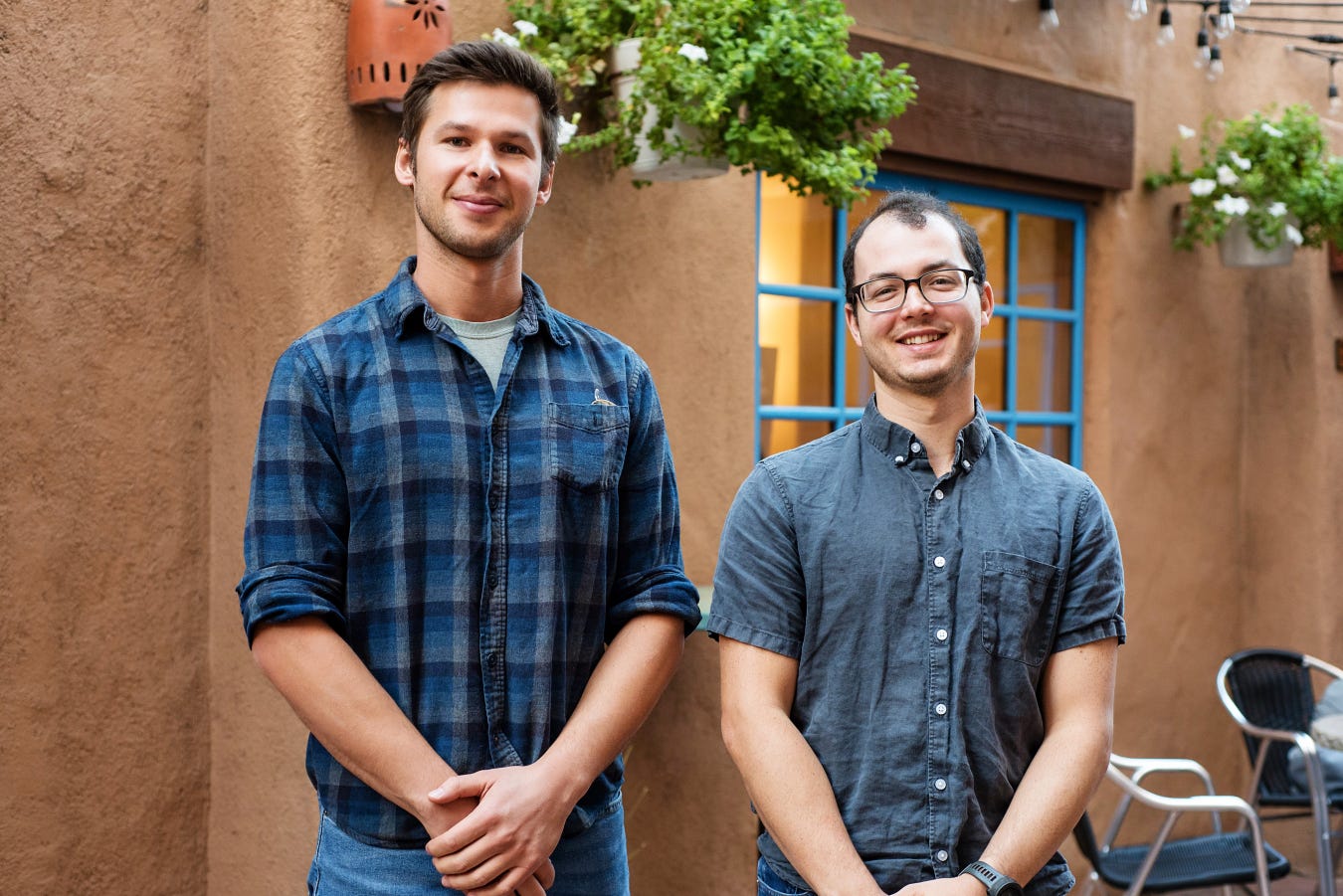🚫 This Country Takes Historic Stand Against Ultra-Fast Fashion
From Shopping Hauls to Shopping Halt
Today’s sustainable snapshot👇🏽
This Country Takes Historic Stand Against Ultra-Fast Fashion
Quiz Time!
Startup of the Week: Tereform
5 Sustainable Brands That Are Redefining Fashion
News That Lifted My Spirits This Week
🚫 This Country Takes Historic Stand Against Ultra-Fast Fashion
There are fast fashion companies like H&M and Zara that are known for launching new designs every week. And then there are ultra-fast fashion companies like Shein and Temu, which offer you more styles every time you refresh your screen. They are essentially fast fashion companies on steroids. Here’s an article that I wrote on ultra-fast fashion around 2 years ago, if you’d like to dive deeper:
What is Ultra-Fast Fashion? And How Can We Avoid It?

France has become the first company to target these ultra-fast fashion giants officially. In June 2025, it passed a bill that introduces eco-taxes, ad bans, and sustainability rules to tackle overconsumption and textile waste from brands like Shein and Temu.
Here’s a breakdown of the bill, which could become a law in September 2025:
1️⃣ Environmental surcharge on fast fashion items:
Each item sold by ultra-fast fashion would incur a €5 tax, which would increase to €10 by 2030.
This surcharge would be kept at 50% of the retail price to keep things affordable.
Revenue from this surcharge would be used to support sustainable French fashion brands.
This would make their products more affordable and accessible.
2️⃣ A ban on advertising ultra-fast fashion brands
No advertising on social media platforms — the ban extends to influencer marketing as well, so no more shopping hauls.
Influencers could face sanctions if they break the rules.
This would reduce the appeal of ultra-fast fashion and overconsumption.
3️⃣ Retailers need to disclose environmental information with their products
This includes details like carbon emissions, resource usage, and recyclability.
All clothes will come with an eco-score.
The lower the eco-score, the higher the taxation and penalties the brand must pay.
While the bill is a great step in the right direction, all these rules don’t apply to European brands like Zara. I hope it becomes more inclusive in the future.
⌛ Time for the quiz of the week
Note: Answer at the end of the newsletter. No one (including me) can see your response, so feel free to vote. 😉
✨ Startup of the Week: Tereform
Your clothes contain multiple materials — fabrics, prints, finishes, and dyes. This makes them difficult to recycle. This duo is tackling this challenge.
Thread Alert…Tons of textiles are discarded every second. They mostly end up in landfills or incinerators because they are hard to recycle. That’s because clothes are made of blended material. Pick up any garment and check out its textile label. You would mostly see different materials. A lot of them, like polyester, spandex, and nylon, are actually made of plastic. On top of that, some prints and dyes make recycling even more complicated.
Tereform is solving this problem.
👕 Its recycling technology uses the oxygen in the air and earth-abundant metals.
👕 This breaks down synthetic textiles into their original chemical building blocks.
👕 The end result is the powdered plastic that can be reused.
Thread Ahead…This prevents this plastic from ending up in landfills and reduces the need for new plastic. Tereform is extending this to other industries such as automotive, apparel, and home goods as well, creating an even bigger impact!
✅ 5 Sustainable Brands That Are Redefining Fashion
🇺🇸 👖 unspun: Creating low-waste on-demand jeans.
🇩🇪 🪡 Repair Rebels: A one-stop solution to fix your clothes, shoes, and bags.
🇺🇸 🥼 AmorSui: Washable, recyclable, and more sustainable PPE kits.
🇮🇳 🐢 Jiwya: A 100% plant-based slow fashion brand.
🇬🇧🪡 Circulo: Making clothing repair as convenient and easy as buying new clothes.
😹 News That Lifted My Spirits This Week
🍃 A Wing and a Prayer: While wind turbines pose less risk to birds than everyday hazards like windows, they remain a concern for vulnerable species like raptors and seabirds. Scientists and engineers are exploring various solutions, from striped blade painting to AI-powered collision detection, to fix that problem. Some other experts are recommending ideas like strategic site placement and temporary shutdowns during migration periods to reduce bird fatalities.
🪵 Gibbon a Second Chance: In Java, Indonesia, the endangered Javan Gibbon population has dwindled to around 4,000 due to deforestation, hunting, and habitat fragmentation. Local NGO SwaraOwa is tackling this crisis by working with communities to create "forest corridors" — connecting isolated forest patches to help gibbons and other species move freely and find mates, while young farmers in a nearby village are leading reforestation efforts by growing native seedlings.
🚲 Pedal to the Metal(lic Air): Paris has undergone a dramatic transformation under Mayor Anne Hidalgo since 2014, banning cars from over 100 streets and replacing thousands of parking spots with bike lanes. This bike-friendly revolution has paid off significantly, with air pollution levels dropping by approximately 50% compared to 2005 levels.
Give that 💚 a little tap if this edition helped you learn something new about sustainability and climate change. Have a good weekend, and see you next week :)





